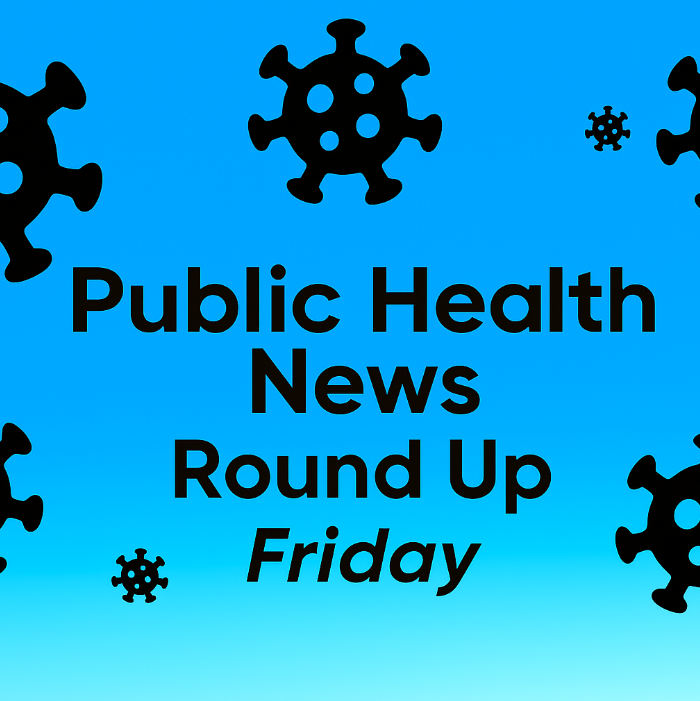
Public Health News Update, July 11, 2025
We tracking some interesting recent research, including one Harry Potter? adjacent study and some work out of China, picking up on the ball where the US Feds threw it away, on health equity research.
Here’s what’s coming up next week.


Health Law Diagnosed – Best Practices for Communicating with the FDA
And some of the news stories that we are tracking.
In a recent episode of the “Health Law Diagnosed” podcast, host Bridgette Keller discussed best practices for communicating with the FDA with Joanne Hawana and Ben Zegarelli, FDA specialists at Mintz, and John Daley, VP at Compliance Architects. The specialists emphasized the importance of being clear, respectful, and responsive in communications with the FDA, noting that transparency and realistic timelines can deescalate potential enforcement actions and build trust with the agency (if possible). This guidance is crucial for regulated companies to navigate FDA interactions effectively, avoiding repercussions and ensuring compliance.
Recent Changes in FDA priorities signal shifts
In June, significant changes at the FDA concerning cell and gene therapy (CGT) regulations have raised concerns among developers and stakeholders due to potential impacts on patient access and investment stability. Additionally, new expedited review pathways like the CNPV program are being introduced to potentially shorten product launch timelines, meanwhile, the FDA’s device sector remains stable, focusing on advancing at-home technology. Lastly, with new leadership at the CDER, there is a growing emphasis on psychedelic therapies, which could accelerate the development of treatments for conditions like PTSD and depression.
Americans’ Views on Who Influences Health Policy and Which Health Issues To Prioritize
A Pew Research Center survey of 5,085 U.S. adults reveals that 69% believe health insurance companies exert excessive influence on health policy, transcending partisan lines. Notably, majorities view longstanding health issues like cancer and heart disease as significant problems, with opinions on newer issues like measles varying more by political affiliation. These insights are crucial for informing policy debates on health priorities and the role of different stakeholders, showcasing widespread bipartisan agreement on some issues while highlighting persistent divides on others.



